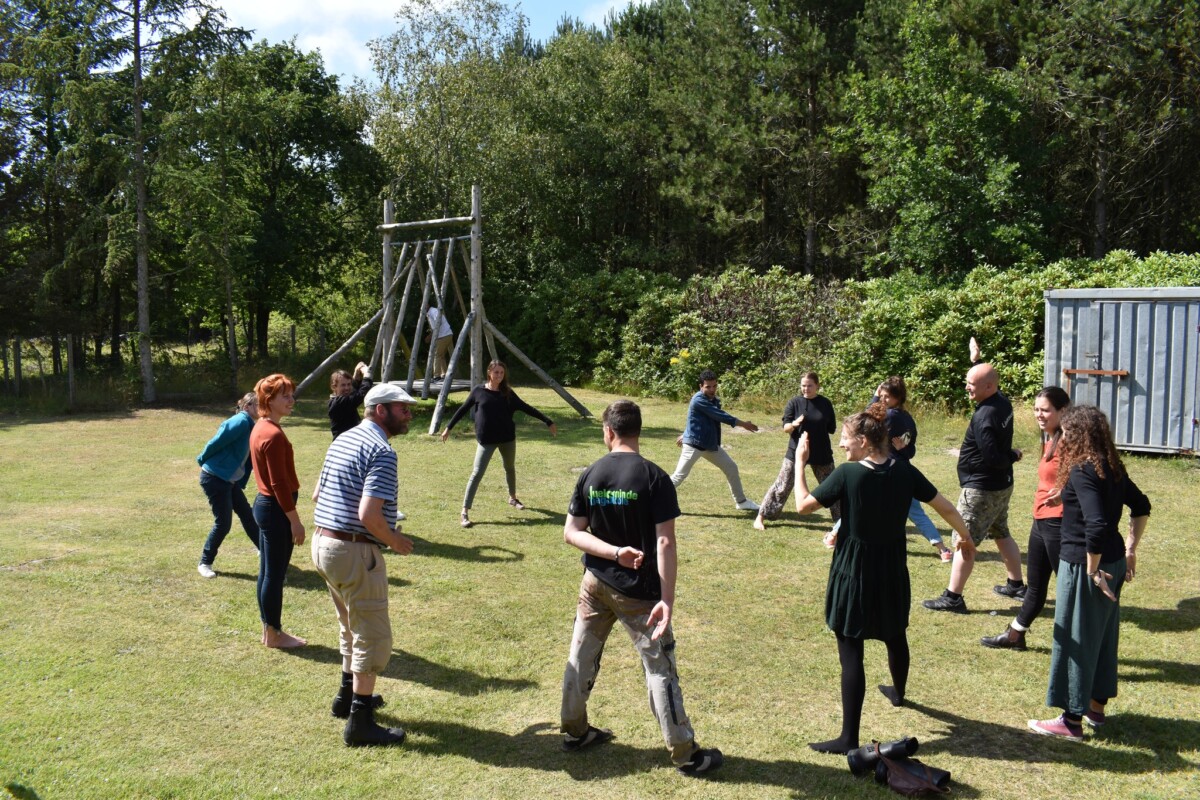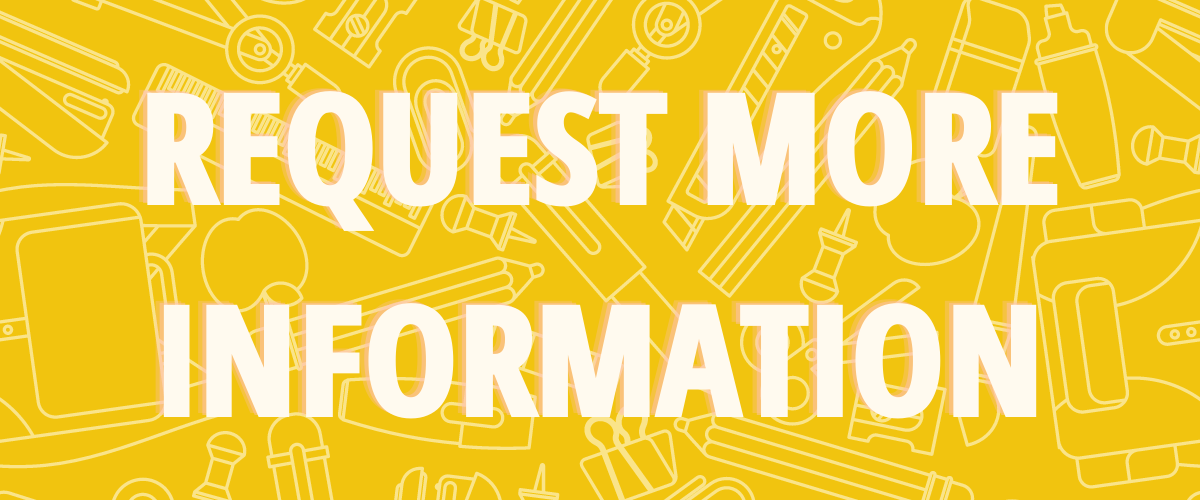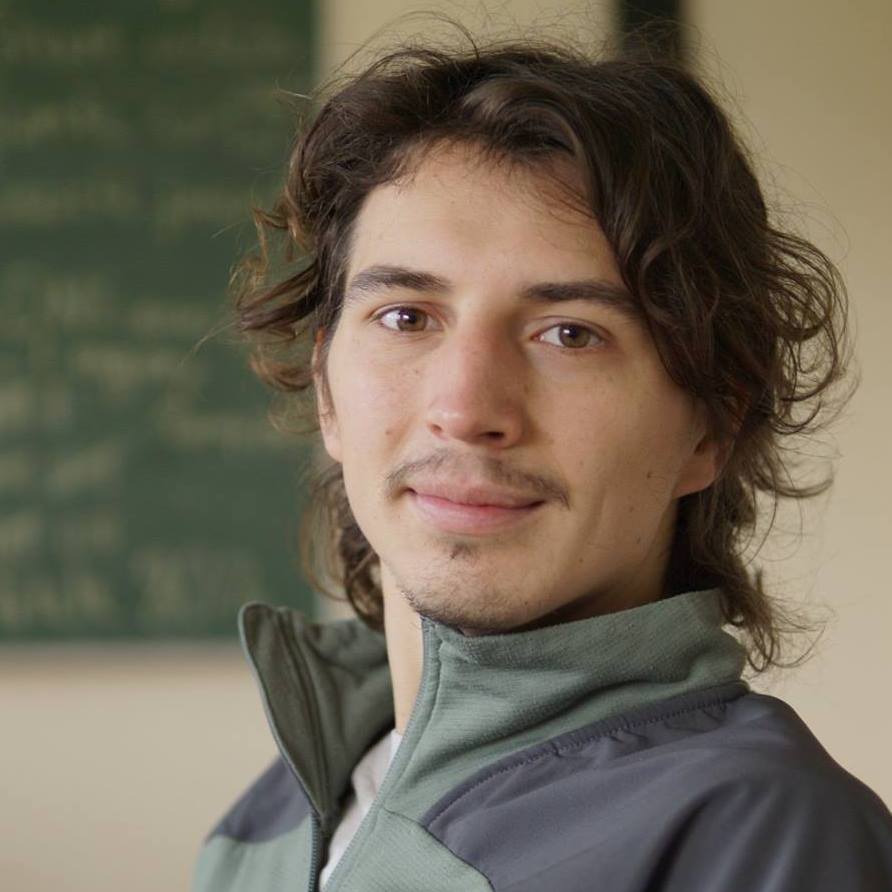Our Community Frames
We call them “Frames” – not rules
Rules imply prohibition and often do not promote the understanding of the issue. At DNS, and the Tvind campus in general, we call them “FRAMES” – like the frames around an empty canvas. Within the frames, our goals can be achieved in several colourful ways.
To ensure the best possible conditions for the programme at DNS, the teachers’ council has set frames which apply throughout the programme. The frames are few and simple:
-You must take an active part in the programme.
-You cannot drink alcohol during the programme.
– You cannot use narcotic substances, including cannabis during the programme.
This applies whether you are at the school, travelling, at home, or in Africa, during travel and work periods.
In short, it applies all the time. Former users of heavy drugs, including prolonged use of recreational drugs, must have been clean for a minimum of 18 months before starting the programme, including the optional saving-up period.
More about the “No drugs, no alcohol” policy
Learning about and investigating the present-day reality is both physically and mentally demanding, and so is acting upon these realities. Drugs and alcohol will be a hindrance to the implementation of the programme and an impediment to the social life and comradeship between people during the programme.
Moreover, the programme sometimes takes place in countries with severe punishment for possession of drugs.
The experiences of the school and its participants have shown that students who previously have had extensive use of narcotic drugs have the best possibilities of completing the programme to their full benefit when they have been free of drugs for a more extended period (18 months) before starting the programme.
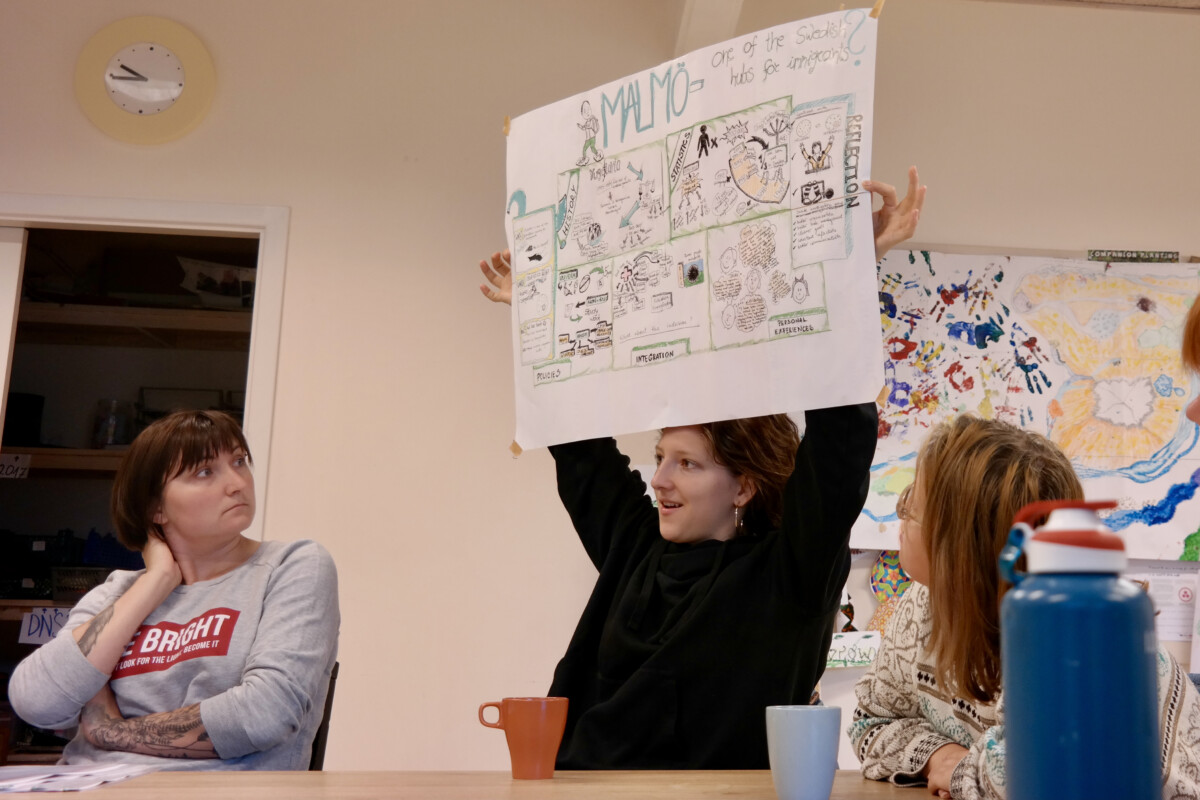
The political reasons for our “no drugs, no alcohol” policy
The predominant culture of the modern societies relies on the use of alcohol and drugs. Drinking alcohol is usually socially accepted, while drugs are penalised, and its consumers are often stigmatised.
However, the fact is that both alcohol and drugs can have extremely negative impacts on human beings’ lives, on families, as well as on communities and societies. The schools in Tvind promote an environment free of alcohol and drugs and strive to build a different kind of culture.
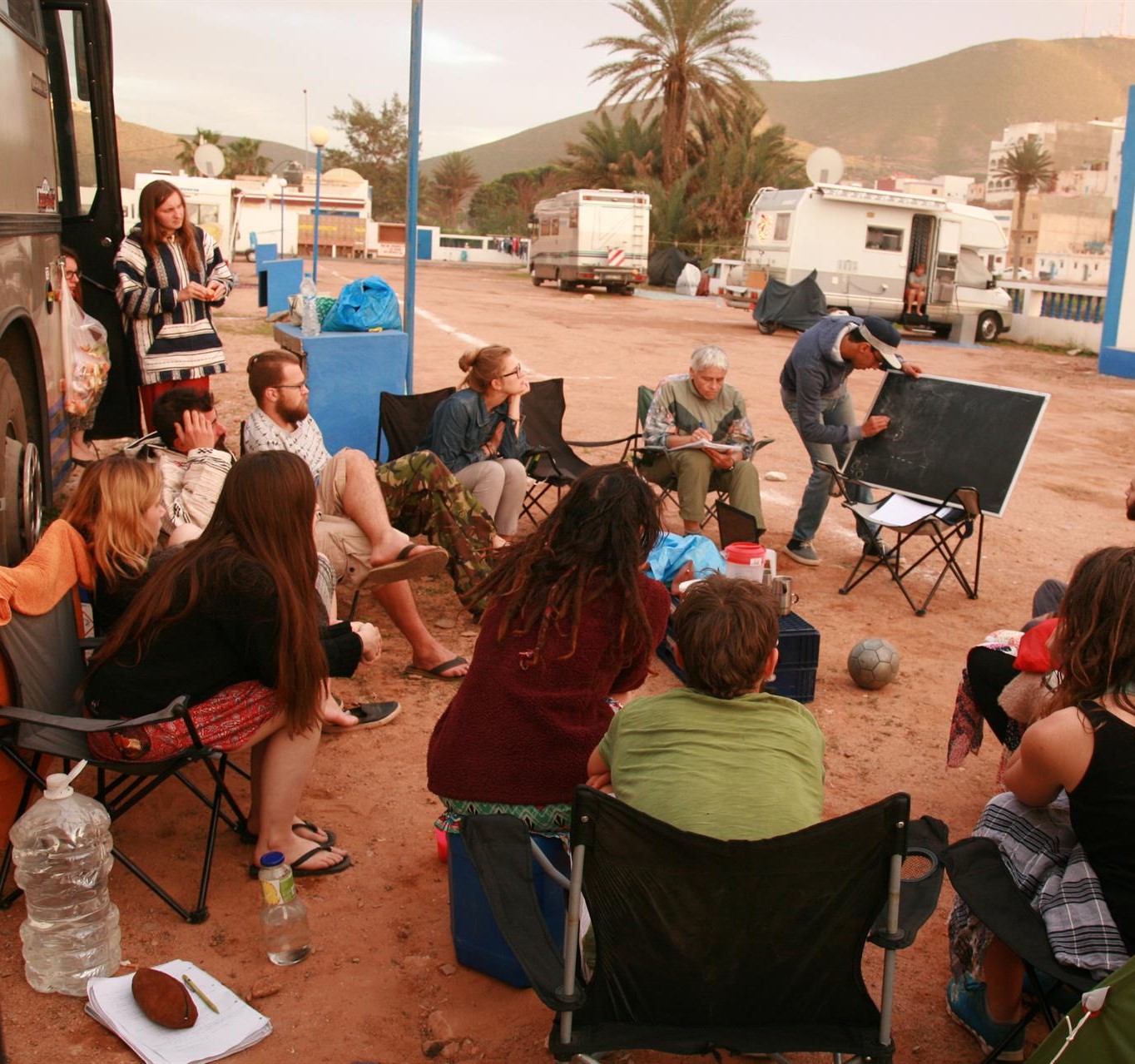
Alcohol culture in Europe
Alcohol, even though it is a legal substance, kills more teenagers than all other drugs combined. Of the 490 million people in the European Union, 23 million are dependent on alcohol. Behind these numbers, there are human beings, and whole families, who struggle against the dependency. However, alcohol is a business that enriches the pockets of multinational corporations, and its use is well-rooted in our world. The alcohol culture is so predominant that whole societies focus on its consumption, turning the human interactions superficial and meaningless.
In many European university campuses, students are introduced to alcohol and drugs from the very moment they arrive. If they refuse to participate in this culture, they might become excluded, ridiculed and even bullied.

An inclusive community
At DNS and Tvind in general, we cannot accept that the use of alcohol and drugs are related to social life and the acquirement of knowledge in a school setting. In Tvind, every single person is included and appreciated, and honest human relationships are valued and assured. It is, in fact, a political statement which seeks to oppose the contemporary unequal societies and create a cultural alternative to the mind-numbing escapism through drugs and alcohol.
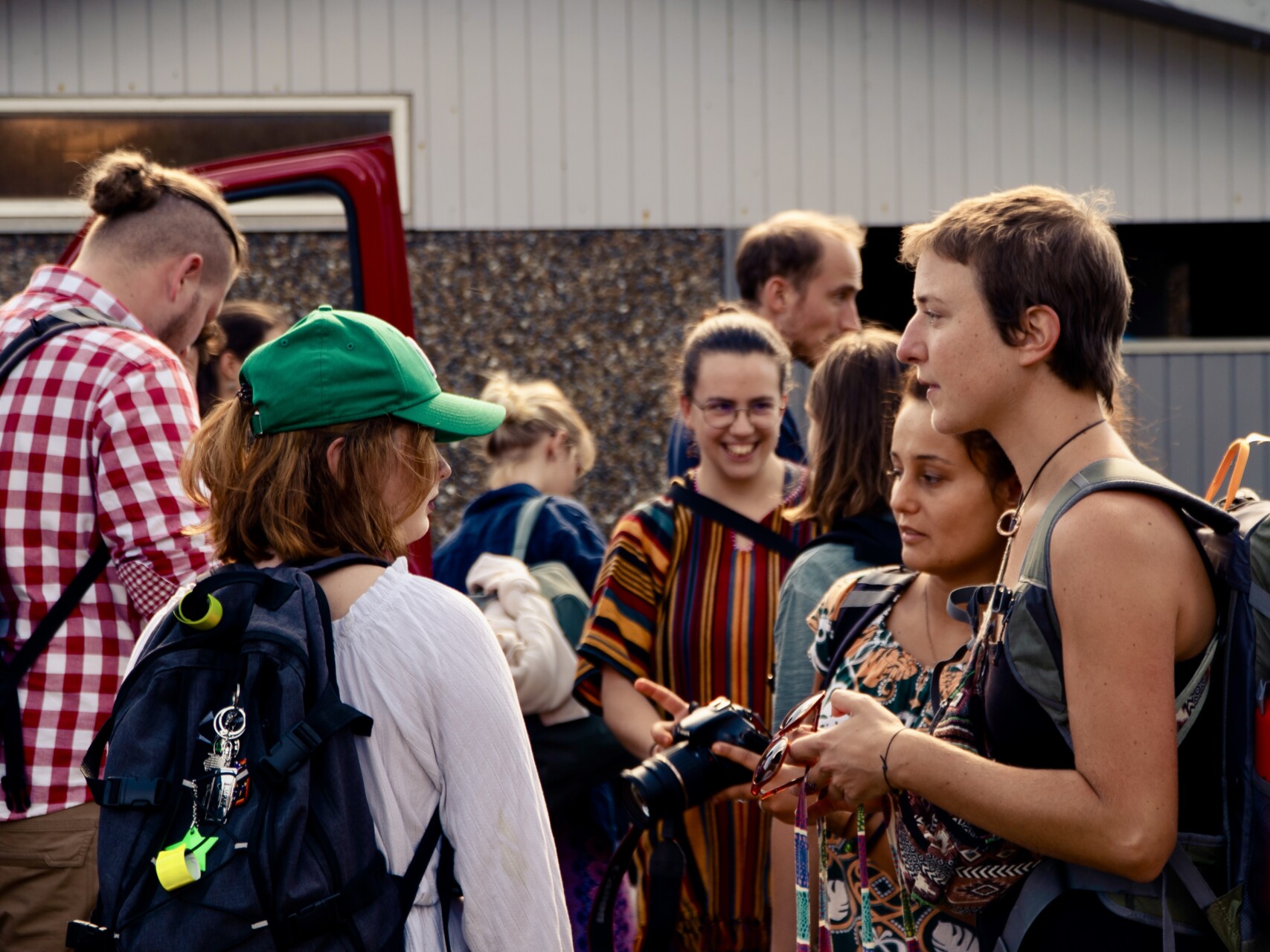
DNSers are activists
During our four years educational programme, we face study and experience so many different realities, injustices, poverty and unequal life conditions that we feel obliged to react and to work for solutions and improvements at a local and global level.
Our daily life is full of different activities, from travels to studies, from meetings to events — and the inertia and apathy induced by alcohol and drugs are not compatible with our lifestyle and goals.
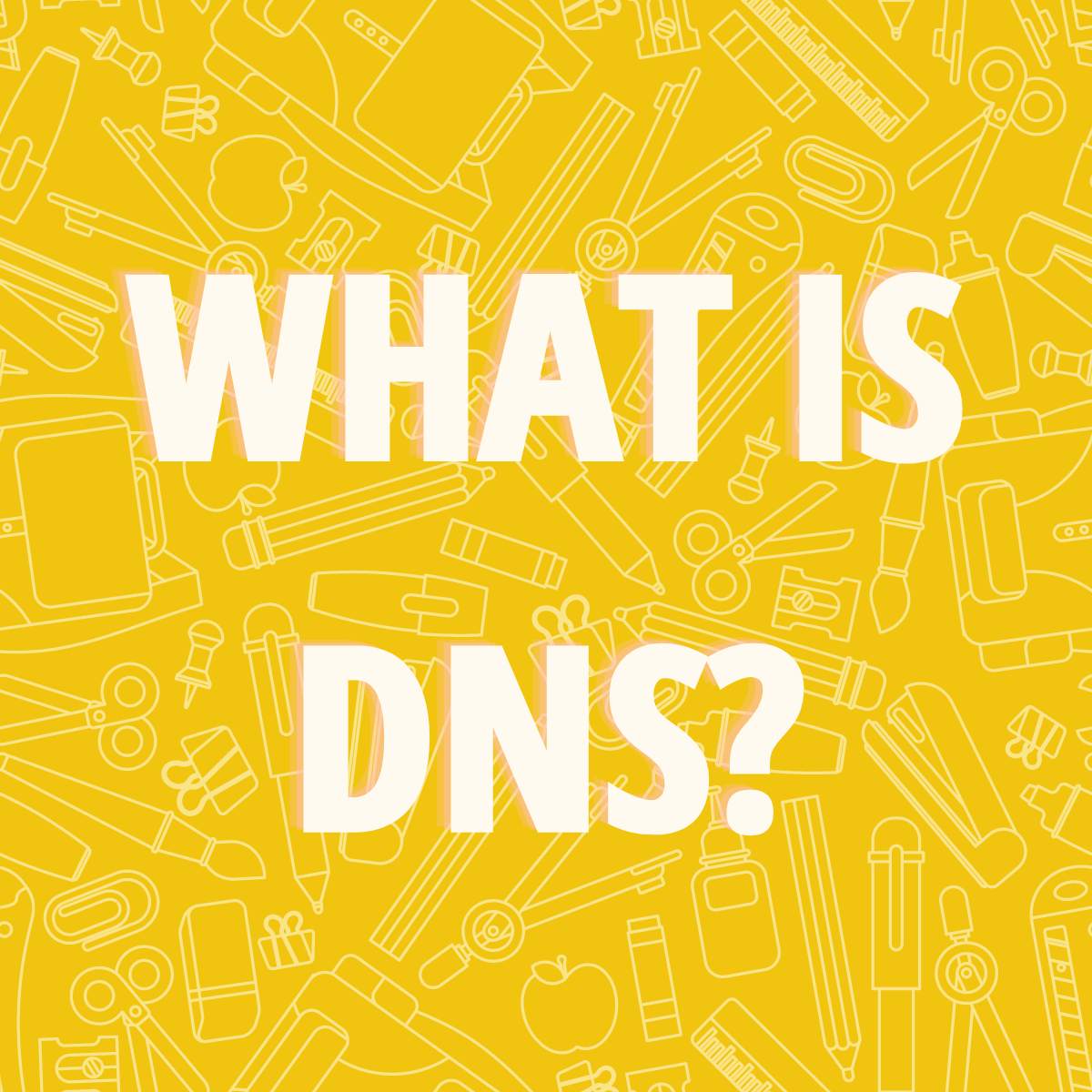
What is DNS?
“The Necessary Teacher Training College” is an alternative higher education aiming to train progressive personalities who are able to understand and respond to the many challenges of our times.
Based in Denmark, our 4-year Teacher Training aims to enable its students to become global citizens and proficient educators.
Since DNS was established in 1972, over 1.000 graduates have played an important role in bringing equitable quality education to children and youth, as well as in all sorts of other projects and development programmes worldwide.
